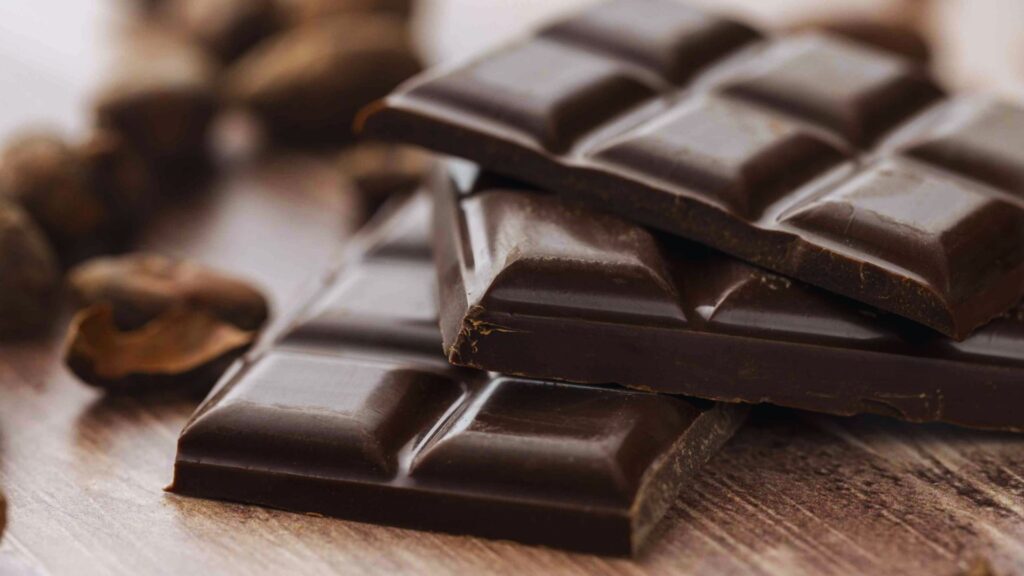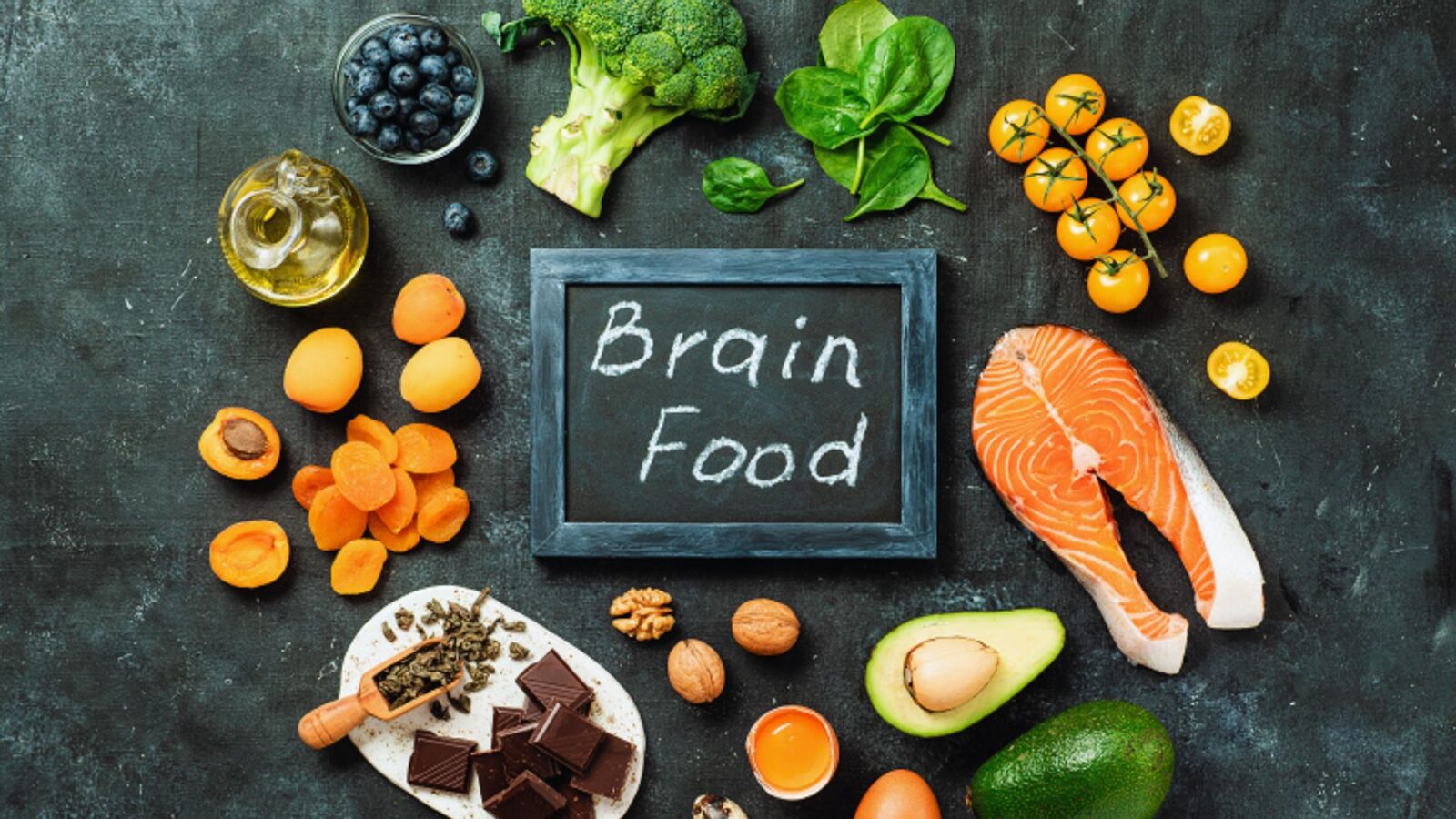Our brains are powerful yet complex organs that play a critical role in determining our overall well-being. Just as the rest of the body requires proper nutrients for optimal functioning, so does the brain. Research suggests that certain foods are particularly beneficial for cognitive function and memory retention. By incorporating these into your diet, you can help support mental clarity, focus, and long-term brain health. Let’s dive into the top foods that enhance memory and brain function.
1. Fatty Fish: The Ultimate Brain Food
Fatty fish like salmon, mackerel, trout, and sardines are packed with omega-3 fatty acids, which are essential for brain health. Omega-3s help build brain and nerve cells, making them crucial for memory and learning. Studies indicate that individuals with higher levels of omega-3s tend to have better cognitive function and a reduced risk of developing Alzheimer’s disease.
How to Include Fatty Fish in Your Diet:
- Enjoy grilled salmon with vegetables.
- Add canned sardines to salads or toast.
- Try a comforting bowl of tuna salad.
If you’re vegetarian or vegan, consider plant-based sources of omega-3s, such as flaxseeds, chia seeds, and walnuts.
2. Berries: Nature’s Memory Boosters
Berries like blueberries, strawberries, and blackberries are rich in antioxidants, specifically flavonoids. These compounds combat oxidative stress and inflammation, which can damage brain cells. Blueberries, in particular, have been linked to delayed brain ageing and improved memory.
How to Enjoy Berries:
- Add a handful to your morning cereal or oatmeal.
- Blend them into smoothies.
- Use them as a natural sweetener for yoghurt or desserts.
3. Leafy Greens: A Daily Dose of Nutrients
Dark leafy greens such as spinach, kale, and Swiss chard are rich in vitamins and minerals like vitamin K, lutein, folate, and beta carotene. These nutrients help slow cognitive decline and keep your brain functioning at its best.
Ways to Incorporate Leafy Greens:
- Make a fresh salad with kale and spinach.
- Add greens to soups or stews.
- Blend them into green smoothies with fruits for a refreshing drink.

4. Nuts and Seeds: Small Snacks, Big Benefits
Nuts and seeds are excellent sources of vitamin E, a powerful antioxidant that protects brain cells from oxidative stress. Walnuts, in particular, are rich in alpha-linolenic acid (ALA), a plant-based omega-3 fatty acid known to improve memory.
Snack Ideas with Nuts and Seeds:
- Eat a handful of mixed nuts as a mid-day snack.
- Sprinkle seeds like sunflower or pumpkin seeds over salads.
- Make your own trail mix with nuts, seeds, and dried fruit.
5. Whole Grains: The Brain’s Energy Source
Whole grains like oats, brown rice, quinoa, and whole-grain bread provide a steady release of glucose into the bloodstream. Your brain runs on glucose, so having a stable supply ensures it can perform tasks effectively. Additionally, whole grains are rich in fibre, which supports cardiovascular health and improves blood flow to the brain.
How to Include Whole Grains:
- Start your day with a bowl of oatmeal.
- Replace white rice with quinoa or brown rice.
- Opt for whole-grain bread for sandwiches and toast.
6. Eggs: A Simple Solution for Brain Power
Eggs are a rich source of choline, a nutrient that plays a key role in producing acetylcholine, a neurotransmitter involved in memory and mood regulation. Eggs also contain essential B vitamins, such as B6 and B12, which help reduce levels of homocysteine, a compound linked to cognitive decline.
Ways to Enjoy Eggs:
- Make a vegetable-packed omelette for breakfast.
- Boil eggs for an easy, portable snack.
- Add sliced eggs to salads or sandwiches.
7. Turmeric: The Golden Spice
Turmeric, a vibrant yellow spice often used in Indian cuisine, contains curcumin, a compound with powerful anti-inflammatory and antioxidant properties. Curcumin can cross the blood-brain barrier, boosting brain-derived neurotrophic factor (BDNF), which is vital for memory and the growth of new brain cells.
Incorporating Turmeric:
- Add turmeric to soups, stews, or curries.
- Stir it into a glass of warm milk to make golden milk.
- Sprinkle it into smoothies or scrambled eggs.
8. Dark Chocolate: A Tasty Brain Treat
Dark chocolate with a high cocoa content (70% or more) is rich in flavonoids, caffeine, and antioxidants. These compounds improve blood flow to the brain, enhance memory, and boost mood.
Ways to Enjoy Dark Chocolate:
- Eat a small square as an afternoon pick-me-up.
- Use it as a topping for yoghurt or oatmeal.
- Blend cocoa powder into smoothies.

9. Citrus Fruits: Vitamin C for Cognitive Function
Oranges, grapefruits, lemons, and limes are loaded with vitamin C, a powerful antioxidant that supports brain health by fighting free radicals. Vitamin C also helps in the production of neurotransmitters like dopamine and serotonin.
Creative Uses for Citrus Fruits:
- Squeeze fresh lemon or lime juice into water for a refreshing drink.
- Add orange segments to salads for a sweet-tangy flavour.
- Make a citrus vinaigrette for your favourite greens.
10. Avocados: The Healthy Fat Champion
Avocados are packed with monounsaturated fats, which promote healthy blood flow and lower blood pressure. Both are essential for brain health. They also contain vitamins like B6 and folate, which support cognitive function.
How to Eat More Avocados:
- Spread mashed avocado on whole-grain toast.
- Add diced avocado to salads or tacos.
- Blend them into smoothies for a creamy texture.
11. Green Tea: A Brain-Boosting Beverage
Green tea contains caffeine and the amino acid L-theanine, both of which improve brain function. While caffeine provides an energy boost, L-theanine promotes relaxation and focus. Green tea also has antioxidants that protect against neurodegenerative diseases.
Ways to Enjoy Green Tea:
- Sip it hot with a slice of lemon.
- Use matcha powder in lattes or desserts.
- Try iced green tea with a touch of honey.
12. Legumes: Memory-Enhancing Protein
Beans and lentils are rich in complex carbohydrates, providing a steady energy source for the brain. They are also high in folate, a B vitamin essential for memory and cognitive function.
Ideas for Adding Legumes:
- Make a hearty lentil soup.
- Add black beans to tacos or salads.
- Blend chickpeas into hummus for a healthy dip.
13. Broccoli: The Brain’s Best Friend
Broccoli is a powerhouse of nutrients, including vitamin K and choline, which are linked to better memory and brain health. It also contains a compound called sulforaphane, which may promote the growth of new brain cells.
How to Enjoy Broccoli:
- Roast it with olive oil and garlic for a simple side dish.
- Add it to stir-fries or casseroles.
- Blend it into creamy soups for a nutrient boost.
Additional Tips for Brain Health
In addition to eating these memory-boosting foods, here are some lifestyle tips to maximize their benefits:
- Stay Hydrated: Dehydration can impair cognitive function, so drink plenty of water throughout the day.
- Get Enough Sleep: Sleep is essential for memory consolidation.
- Exercise Regularly: Physical activity improves blood flow to the brain.
- Manage Stress: Chronic stress can harm memory, so practice mindfulness or relaxation techniques.
Conclusion
Your diet has a profound impact on your memory and cognitive function. By incorporating these brain-boosting foods into your meals, you can enhance your memory, protect your brain from ageing, and support long-term mental health. Whether it’s starting your day with a bowl of oatmeal topped with berries or enjoying a comforting turmeric latte, simple changes can lead to significant improvements in brain health.






















Leave a Reply